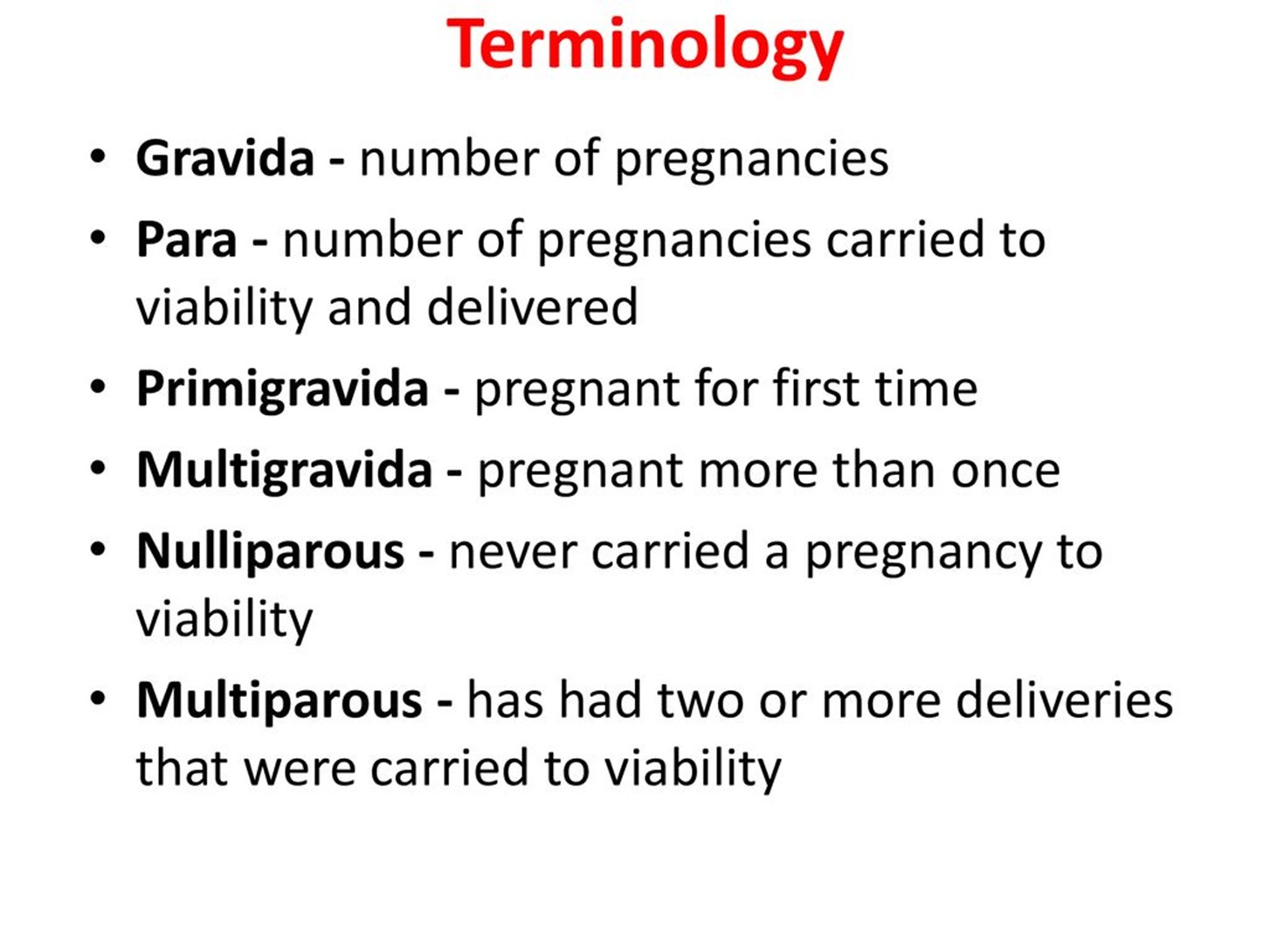When assessing a multigravida on the first postpartum day, the nurse finds a moderate amount of lochia rubra, with the uterus firm and three fingerbreadths above the umbilicus. What action should the nurse implement first?
Check for a distended bladder.
Review the hemoglobin to determine hemorrhage.
Massage the uterus to decrease atony.
Increase intravenous infusion.
The Correct Answer is A
Choice B reason: Reviewing the hemoglobin to determine hemorrhage is an important action, but not the first one. The nurse should first identify and correct the cause of bleeding, such as bladder distension or uterine atony, before checking for blood loss and anemia.
Choice C reason: Massaging the uterus to decrease atony is not indicated in this case, because the uterus is already firm. Massaging a firm uterus can cause overstimulation and pain.
Choice D reason: Increasing intravenous infusion is not the first action, because it may worsen bleeding by increasing blood pressure and diluting clotting factors. The nurse should first assess and manage bleeding before administering fluids or blood products as prescribed.

Nursing Test Bank
Naxlex Comprehensive Predictor Exams
Related Questions
Correct Answer is A
Explanation
Choice A: Obtain a capillary glucose level. This is the first action that the nurse should do, as it can diagnose hypoglycemia, which is a low blood sugar level that can cause jitteriness and tachypnea in newborns. Hypoglycemia can be caused by maternal diabetes, prematurity, infection, or delayed feeding. The nurse should check the glucose level using a heel stick and a glucometer.
Choice B: Feed 30 mL of 10% dextrose in water. This is not the first action that the nurse should do, as it may not be appropriate for all newborns with jitteriness and tachypnea. Feeding 10% dextrose in water can raise the blood sugar level, but it may also cause rebound hypoglycemia or fluid overload. The nurse should feed only after confirming hypoglycemia and obtaining a healthcare provider's order.
Choice C: Wrap tightly in a blanket. This is not the first action that the nurse should do, as it may not address the underlying cause of jitteriness and tachypnea in newborns. Wrapping tightly in a blanket can prevent heat loss and conserve energy, but it may also impair breathing or circulation. The nurse should wrap only after ruling out other causes of jitteriness and tachypnea.
Choice D: Encourage the mother to breastfeed. This is not the first action that the nurse should do, as it may not be feasible or effective for all newborns with jitteriness and tachypnea. Breastfeeding can provide nutrition and bonding for newborns, but it may also be difficult or contraindicated for some newborns with respiratory distress or infection. The nurse should encourage breastfeeding only after assessing and stabilizing the newborn's condition.
Correct Answer is A
Explanation
The correct answer is A:
Choice A reason: Review the need for the UAP to wear a face mask while in close contact with the client. Influenza is a respiratory virus that spreads mainly by droplets made when people with flu cough, sneeze or talk.A face mask can help block the spread of these droplets.
Choice B reason:Reminding the UAP to apply a fitted respirator mask before entering the client’s room is not necessary for standard influenza precautions.Respirator masks are more commonly used for airborne precautions, such as tuberculosis or measles, not for influenza.
Choice C reason:Assigning the UAP to provide care for another client and assuming full care of the client is not indicated unless the UAP is not following proper infection control procedures.There is no evidence of that in the scenario provided.
Choice D reason:Instructing the UAP to notify the nurse of any changes in the client’s respiratory status is important, but it is not the immediate action related to infection control.The priority is to prevent the spread of infection.
Whether you are a student looking to ace your exams or a practicing nurse seeking to enhance your expertise , our nursing education contents will empower you with the confidence and competence to make a difference in the lives of patients and become a respected leader in the healthcare field.
Visit Naxlex, invest in your future and unlock endless possibilities with our unparalleled nursing education contents today
Report Wrong Answer on the Current Question
Do you disagree with the answer? If yes, what is your expected answer? Explain.
Kindly be descriptive with the issue you are facing.
